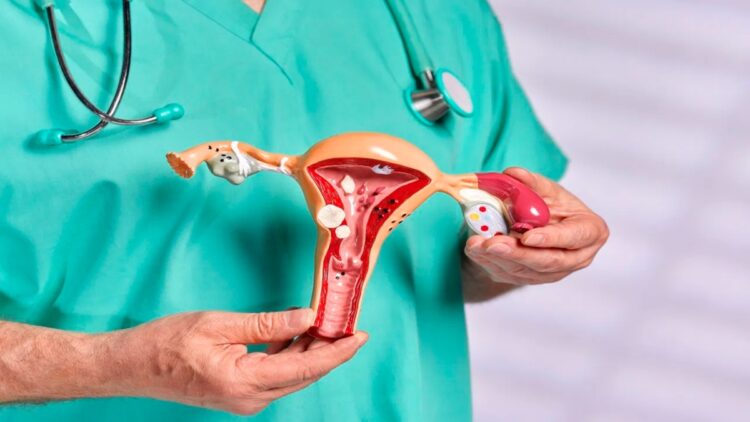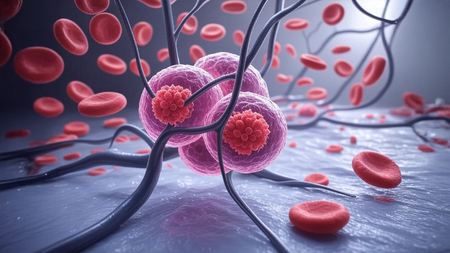Overian cancer
Overian cancer is a serious and fatal disease in women. Apart from lifestyle and catering, many hormonal changes are included in its risk factor. Menstruation, menopause and PCOS are some such important changes. Dr. Amita Naithani, Senior Consultant – Gayani Oncology located in Artemis Hospitals is telling what changes in women’s body may increase the risk of overan cancer.
There are many changes in menstruation
Menstruation is an important part of the breeding cycle of women. During this time, women’s body changes in the level of estrogen and progesterone hormones, which affect ovary. Some studies suggest that hormonal changes during menstruation may increase the risk of overseas cancer. Especially in women in which menstruation starts very quickly or menopause is very delayed, there is a high risk of overan cancer. It is believed that in contact with prolonged estrogen can lead to changes in overseas cells, which can increase the risk of cancer.
There is also a relationship with menopause
Meenopause is a natural process, which symbolizes the end of the reproductive cycle of women. Menstruation stops after menopause. During this period, estrogen and progesterone hormone levels in the body decrease, which affects the function of ovary. Usually the initial symptoms of menopause begin to appear from the age of 45. By the age of 50, menstruation stops completely. If menopause is too late then the risk of overan cancer increases.
It is important to monitor some other reasons
Hormone Replacement Therapy (HRT): Some women make HRT ie hormone replacement therapy to reduce the symptoms of menopause. If HRT is used for a long time, then the risk of overseas cancer may increase.
Polycystic Ovary Syndrome (PCOS): PCOS is also a hormonal disorder in women. The risk of overian cancer may increase in women suffering from PCOS.
Endometriosis: In endometriosis, the tissue of the uterus ie the uterus layer starts moving out of the uterus. Endometriosis may also increase the risk of overseas cancer.
Keep these things in mind
Women have to go through different hormonal changes at different stages of life. It is necessary to be cautious in the event of any irregularity and conduct regular checks. No unusual symptoms should be ignored. It is also important to consult a doctor and understand his dangers before taking any type of hormonal treatment. Loss of appetite, unprovoked weight, abdominal pain or swelling, problems in digestion and bleeding can be its symptoms. If any of these symptoms persist for a long time, then meet the doctor and get a proper check. Keep the lifestyle balanced and organized.
Disclaimer: (Tips suggested in this article are only for common information. Start any kind of fitness program or make any kind of change in your diet or consult your doctor before making any measures related to any disease. India TV does not confirm the authenticity of any kind of claim.)
Latest health news






